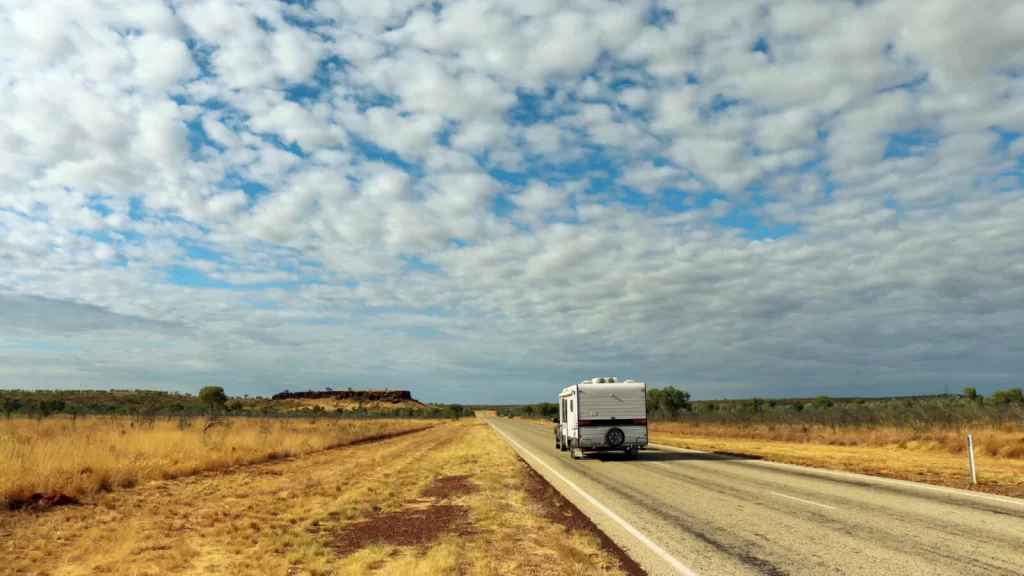Seeking Thrills on the Road

Adventure travel, whether it’s bungy jumping or trekking through the mountains, offers lasting mental, physical, and spiritual rewards.
The high that comes from conquering obstacles can be addictive and life-altering.
Adventure travel also encourages reflectiveness, a mental trait that is increasingly lacking today.
Thrill-seeking travelers are more likely to return to a destination.
Tourists seek new experiences as one of the primary motivations for traveling. Neatness is perceived as a multidimensional construct composed of thrill, change from routine, boredom alleviation and surprise (Crompton, 1979; Lee & Crompton, 1992).
Tourists seeking a novel experience are often labeled sensation seekers, an idea coined by Frank Farley in the 1980s to describe those who crave variety, intensity, and risk. These individuals thrive off uncertainty and adrenaline-packed activities such as sky diving or bungee jumping – activities which many would find hair-raising.
They’re more likely to stay longer.
Adventure travelers tend to stay longer on their trip, and they are also more likely to recommend it through social media (78 percent use Facebook).
Furthermore, millennials are the largest group of adventure seekers, as they typically seek more interaction with local communities than older generations do. Young travelers have a greater tendency to interact with locals and thus have a greater influence over what culture they experience.
Therefore, destinations and hotels need to find ways to accommodate this new generation of adventure travelers. Whether through loyalty reward programs, digital concierge apps or social media presence, they should provide unique and never-to-be-repeated experiences that will set their brand apart from competitors.
They’re more likely to spend money.
Thrill-seeking travelers tend to invest a considerable amount of money on their adventures. These individuals are usually wealthy individuals seeking an authentic and thrilling experience.
Adventure seekers tend to be loyal to their preferred travel brands, which makes it harder for lesser-known businesses to compete for their business. Loyalty can be rewarded with benefits like complimentary flights.
Due to these trends, millennials and Gen Z travelers are willing to pay more for their adventures – including lodging costs as well as airfare – than other generations do.
They’re also searching for technology that provides deeper experiences during their travels. One adventure seeker stated she wants access to online reviews and crowdsourced info when searching for ancillary activities near her destination. Another traveler expressed a desire for a digital concierge service which handles inspiration, selection, and payment of additional experiences.
They’re more likely to recommend a destination.
According to ATTA research, adventure travelers are more likely to recommend a destination via social media (39%) or travel websites (17%) compared to non-adventurers. This preference can be attributed to several factors, including their inbuilt desire for adventure.
They tend to value nature and outdoor activities, making them more likely to choose destinations that provide these kinds of experiences.
Adventure travelers are increasingly focused on eco-friendly aspects of travel, such as recycling, reducing food waste and plastics use, using sustainable packaging, and purchasing goods produced sustainably.
COVID-19 continues to impact travelers, so the industry must take action to help them feel safer and more secure on their trips. This includes providing travelers with adequate knowledge of potential risks before they embark, improving safety measures in specific locations, and stressing the importance of health and hygiene for guests.







